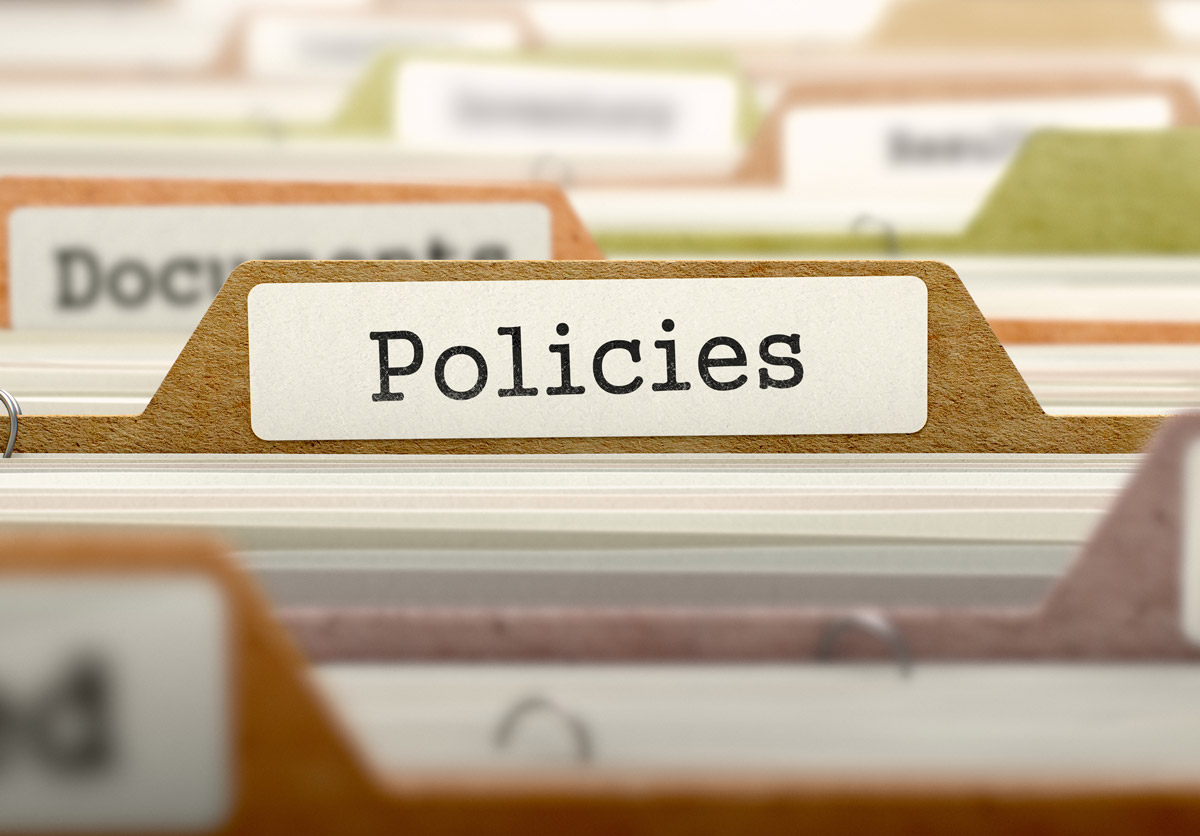According to a national survey of the U.S. workforce, nearly three percent of workers reported being under the influence of illicit drugs on the job.
While it may be tempting to assume these instances of workplace illegal drug use are limited to specific occupations and industries, that’s not the case. We know from numbers provided by the National Safety Council that substance use disorders are a problem in every industry, including education, healthcare, administration, transportation, entertainment, and more.
From these considerations, we can understand the importance of drug-free workplace policies.
Drafting and Implementing Your Policy
It’s important to note that a drug-free workplace policy isn’t a casual set of guidelines or a general code of conduct. A proper drug-free workplace policy is a formally written, comprehensive plan that details how drug use is to be prevented in the workplace and what disciplinary actions are necessary in the event of a breach. In many states, employees must be made aware of an organization’s drug policy before undergoing a drug test.
Questions to Ask
If your organization does not currently have a drug-free workplace policy, the following questions can be helpful:
- Is there an elevated risk for severe physical harm in our workplace?
- Do we have any machine or vehicle operators?
- How strong is our workplace productivity culture?
- What are the drug abuse statistics in our local area and regions roundabout?
- Have we encountered any significant performance issues in the past?
- Do employees feel safe?
- Would drug screening measures provide benefits and peace of mind that outweigh the investment?
Understanding Legal Requirements
Legal requirements can heavily influence drug-free workplace policies (particularly drug testing).
Here are some helpful resources provided by the Substance Abuse and Mental Health Services Administration (SAMHSA):
Avoiding Litigation
With any workplace policy comes surrounding legalities. These legalities, if not adequately accounted for, can open the door to litigation. Here are some simple things that can be helpful when forming a drug-free workplace policy, helping employers avoid litigation due to regulatory noncompliance.
- Put your policy in writing
- Communicate the policy clearly to all employees
- Routinely review the drug-free workplace policy
- Set clear penalties
- Consider involving an employment attorney
- Stay informed on regulatory changes (particularly as they pertain to marijuana)
- Structure training and be consistent
Consider Ongoing Drug Screening
Drug screening practices vary considerably from organization to organization. Depending on your specific needs, you may want to consider one or more of the following drug screening services:
- Pre-employment drug screening
- Post-hire drug screening
- Reasonable suspicion drug screening
- Post-accident drug screening
- Random drug screening
- Annual drug screening
Drug screening programs act as an accountability structure for any drug-free workplace policy and have been shown to significantly reduce workplace risk associated with illicit drug use. Correlations exist between the frequency of employee drug screening and substance-related incidents on the job.
If you are not currently conducting drug tests on new hires or current employees, it may be something to look into in the future. Many screening companies can provide both background screening and drug testing services as part of a comprehensive employment screening solution.
Takeaways
Drug-free workplace policies are implemented to help organizations reduce workplace risks associated with substance abuse. These policies are meant to be formal, written, carefully constructed guidelines that communicate an organization’s expectations, preventative measures, and penalties for workplace drug use or intoxication. Drug-free workplace policies should be intentionally reviewed with employees regularly and are often accompanied by pre/post-hire drug screening practices.
Drug use is on the rise in the United States and opens employers up to significant liability. If you do not currently have a drug-free workplace policy in use, we would recommend considering implementing one.
If you have any questions regarding your current or desired drug testing solutions, please contact us today.


